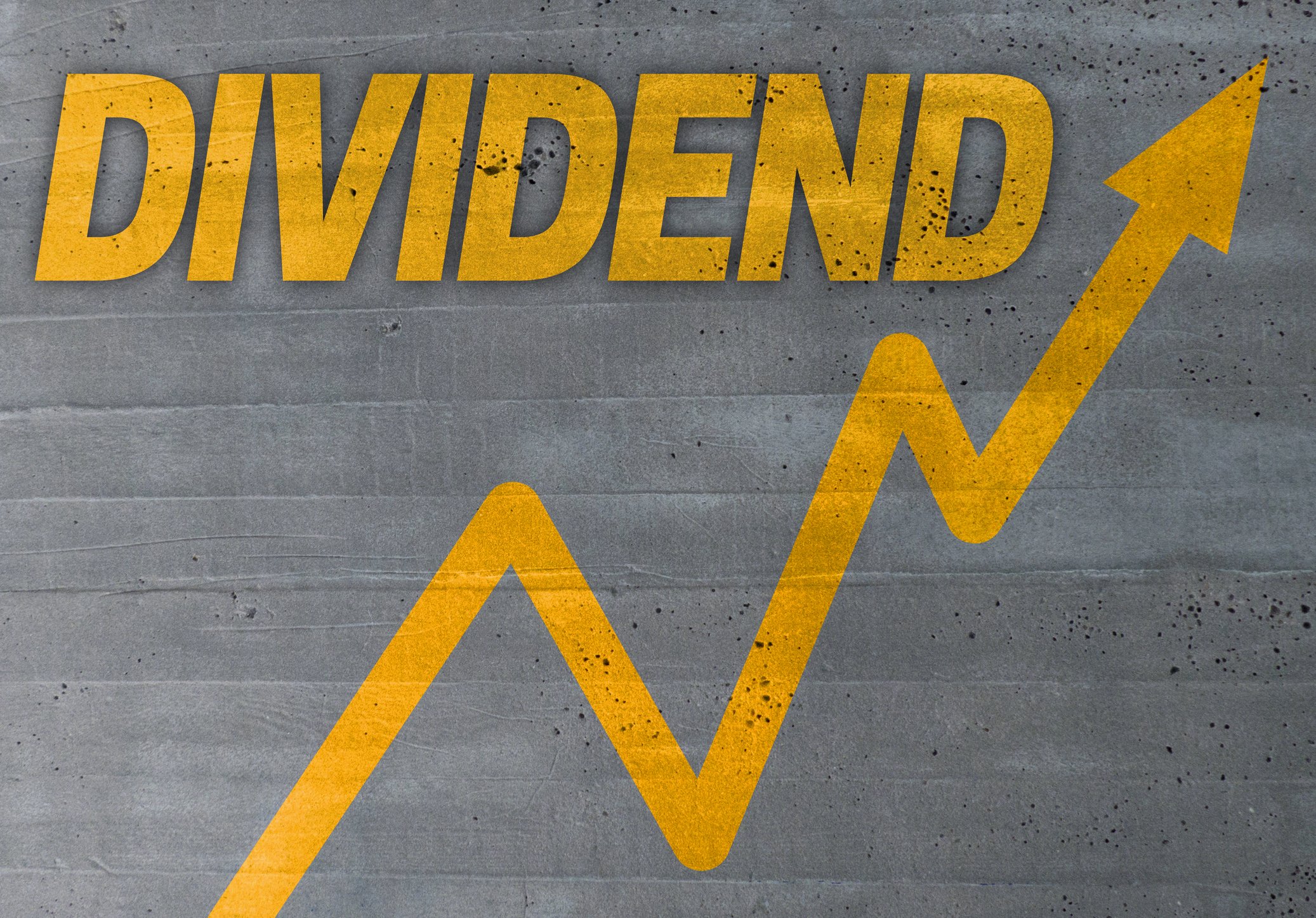Stocks can make for amazing investments, offering better long-term returns than bonds, precious metals, and most other commonly available investments. Add a reliable -- and even better, steadily growing -- dividend to the mix, and you can get market-beating returns that create serious long-term wealth. And if you're ready to invest today, three dividend stocks worth a close look are Iron Mountain Inc. (IRM +0.82%), Target Corporation (TGT +2.37%), and Caretrust REIT Inc. (CTRE +0.63%).
All three pay dividend yields well above market averages: 7.4%, 3.6%, and 6.1% respectively at recent prices. But that's only part of what makes them attractive right now. Keep reading below to learn why three Motley Fool investors have identified these particular companies as top dividend stock buys right now.

Image source: Getty Images.
A rock-solid business with a rock-solid dividend
Keith Speights (Iron Mountain): How does a dividend yield of 7.4% sound to you? For most investors, that kind of yield would be fantastic. But it would probably also prompt a question: What's the catch? With Iron Mountain, you can get this great yield -- and there isn't a catch.
The company enjoys a near-monopoly status in the records and data storage business. Iron Mountain has over 225,000 customers in 53 countries. Roughly 95% of the Fortune 1000 companies are included in its customer base. And those customers tend to stay with Iron Mountain: Over the past three years, the average annual volume reduction from customers who terminated their relationship was only 2%.

Image source: Getty Images.
Iron Mountain also should be in great shape to grow. Organizations continue to generate more and more records and data that they must keep for legal and operational purposes. It's not surprising that Iron Mountain continues to enjoy net volume growth in all of its major markets.
The company expects to achieve average annual adjusted EBITDA growth of at least 5% over the next several years. Two key ways Iron Mountain plans to make this happen are by expanding in emerging markets and increasing its data center business.
Iron Mountain might look expensive, with a trailing-12-month earnings multiple of 46. However, the company's growth prospects make this a much better bargain than it appears to be.
An iconic retail brand yielding over 3%
Demitri Kalogeropoulos (Target): Back in early 2017, retailing giant Target was coming off its worst holiday season in recent memory as customer traffic plunged. What a difference a year makes. This time around, shopper traffic sped up to a 3% pace over the critical fourth-quarter period, and that success powered 3.6% sales gains that translated into impressive market share wins.

Image source: Target.
Like most of its retailing peers, Target had to give up a chunk of profitability during the ultra-competitive holiday season. The rising cost of online fulfilment combined with increased wages to pinch operating margin in the fourth quarter, in fact. Still, the business generated healthy cash flow and good overall returns. The $5.32 per share it earned for the full year easily covered dividend payments of $2.46 per share.
Target is predicting that profit margin will slip again in 2018 as the business shifts toward those less profitable online sales. However, the success it is seeing in e-commerce, and in its physical retailing segment, suggests there's a bright future ahead for retailers that can deliver for customers through both of these channels. Thus, income investors can feel confident in the outlook for this dividend -- currently yielding 3.5% -- as it approaches 52 consecutive years of annual raises.
Buying on the dip
Jason Hall (Caretrust REIT): Shares of small healthcare real estate investment trust Caretrust REIT are down 28% over the past six months, but it's not alone, as shares of pretty much every healthcare REIT -- and most REITs in general -- are down sharply over the same period. Caretrust's share price has taken the biggest beating of the companies I watch closely:
So what gives? In short, investors are concerned that rising interest rates will hurt REITs, which generally use a lot of debt. For a small company like Caretrust, which is still very early in its growth phase, the thesis is that it could be affected even more than bigger, better-capitalized competitors.
After all, its debt has already doubled in the roughly four years since going public:
CTRE Total Long Term Debt (Quarterly) data by YCharts
I'll readily acknowledge that higher interest rates will certainly affect Caretrust and its peers, increasing its cost of capital for debt-based financing. But I think the market has oversold. Rising rates could put some pressure on Caretrust, but its experienced (and co-founding) CEO, Greg Stapley, has a proven record of success allocating capital. Stapley also owns almost 800,000 Caretrust shares, helping align management with investors.
For investors with money to spend, the market sell-off is an opportunity. At recent prices, Caretrust's dividend yield is more than 6.1% and shares trade for less than 12 times normalized 2017 funds from operations. That's a bargain price for a company that's doubled its size in less than five years while remaining primed for many more years of market-beating growth.










